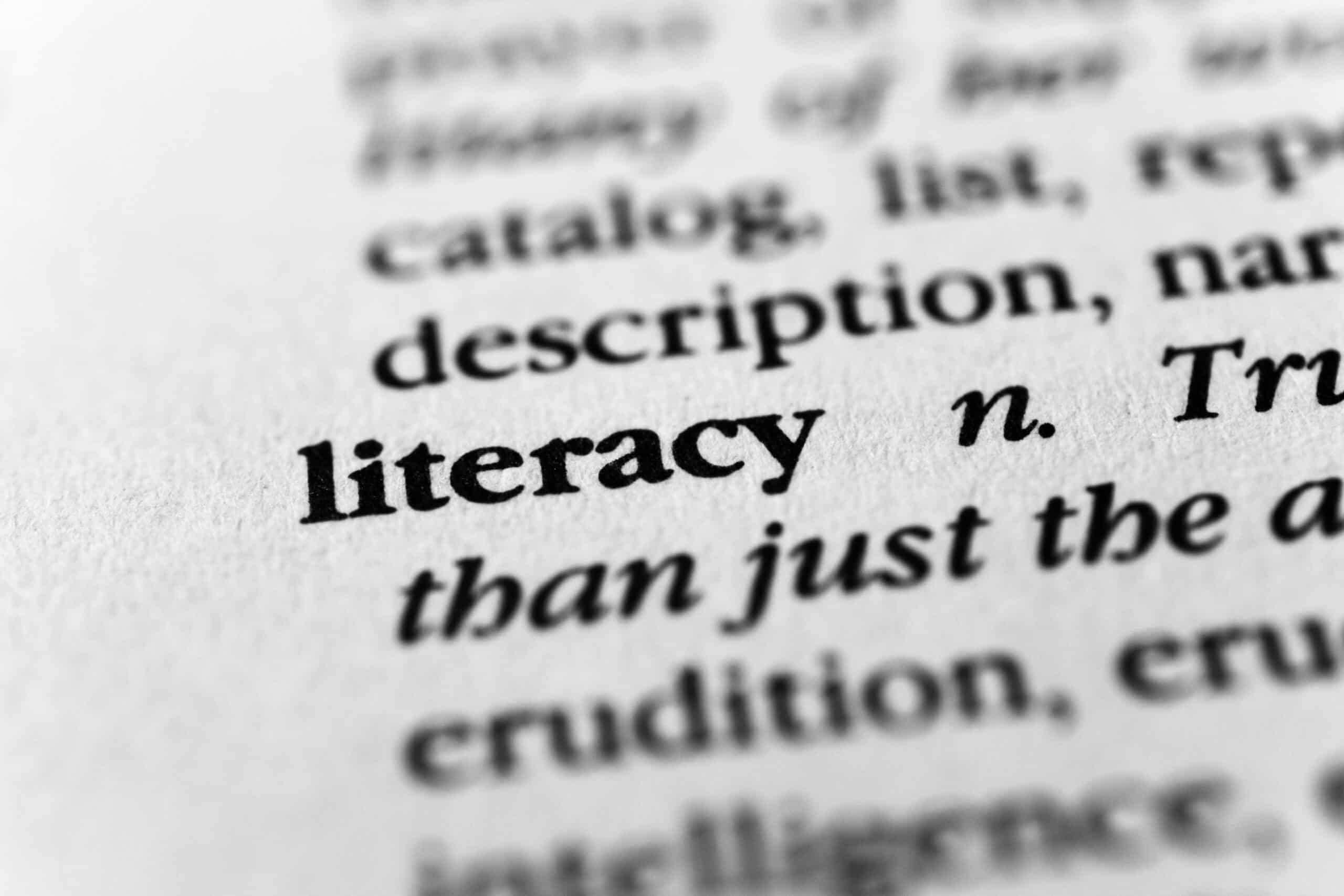Literacy is a functional necessity in our society today. It was not always so. There was a time when an American farmer or craftsman could live a successful life in dynamic engagement with his community and never be called upon to write more than his initials on a few documents.
Despite the insightful remarks of some that we are becoming a post-literate or even a visually dominant society, basic literacy is required for more and more daily activities. It is a sine qua non of the world of communications technology: internet, email, texting. There is probably no sphere of modern life (business, shopping, travel, family life, social groups, etc.) that does not assume functional literacy. Without doubt our school system has this type of literacy as one of its chief goals for the early years and accomplishes it with practically universal success. It is within this context that I express the questions that follow.
I have often thought the literacy statistic in most atlases an intriguing phenomenon. The stated literacy rate of 99% for the United States population has often provoked an internal chuckle. My mind jumps to our widespread ignorance of the best that has been written, to which we all so readily confess. I wonder where the millions would self-identify if given a graduated scale from “absolutely illiterate” to “highly literate”. How would you or I answer? It is, perhaps, all too easy for the fact of almost universal literacy to blind us to the truth that literacy is really a continuum, admitting of perpetual improvement. Even to end the scale at some designation like highly literate seems arbitrary. Who could not be more literate?
While the increase of functional literacy rates all over the world is no doubt a worthy achievement, my questions about the degree of literacy a person attains have implications for schooling. The government school system offers basic literacy to all, but does it, can it, in its present form, offer a high level of literacy to all? My guess is that most would say it cannot. “What of that?” says my detractor, “What are the measurable benefits of so-called high literacy anyway? We’re creating economic opportunity for the poor and marginalized. We’re giving them the ability to succeed in a modern society.” There are some obvious problems with this thinking: its utilitarian preference for measurable outcomes over spiritual ones, the failure of functional literacy to bridge the gap between the very poor and the very rich, and the fact that the highly literate will, most likely, always receive more economic opportunity than the barely literate. My contention is that, for a whole host of reasons, a high level literacy (not mere literacy) should be a chief goal of every school in the modern world.
This, we believe, is already a chief goal at Clapham School. We would like to present further ideas about this topic in blog articles over the upcoming weeks and months. Not only should it be quite interesting, but also it will illuminate and clarify the nature of the educational task we all have before us. Hopefully it will serve to edify us all in our work as parents, teachers, administrators and students. Perhaps it will start some good conversations about life and learning.

